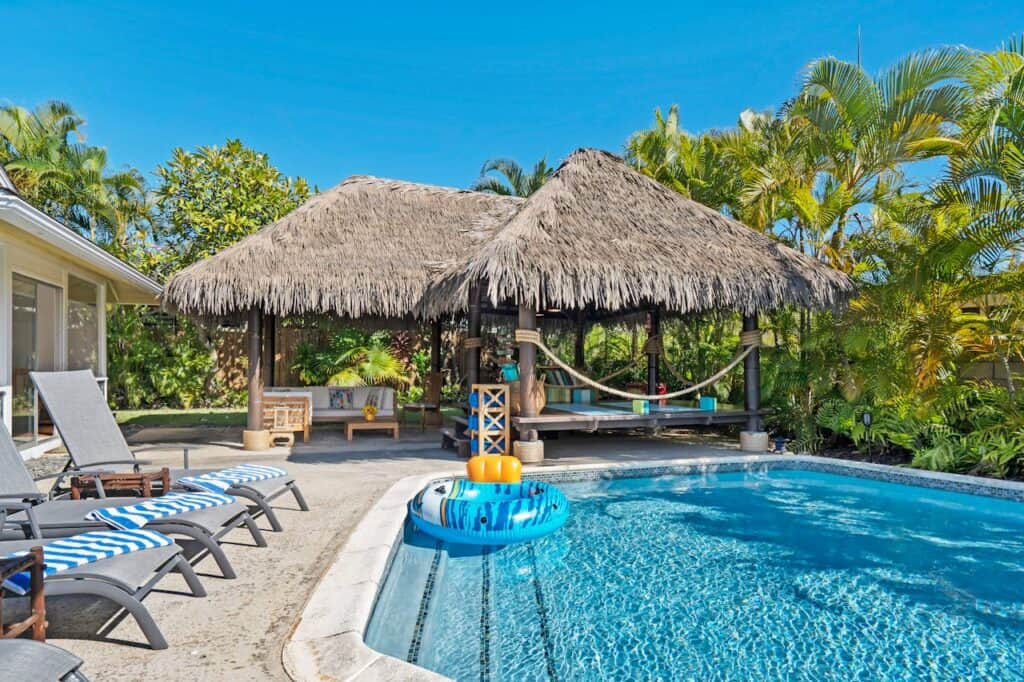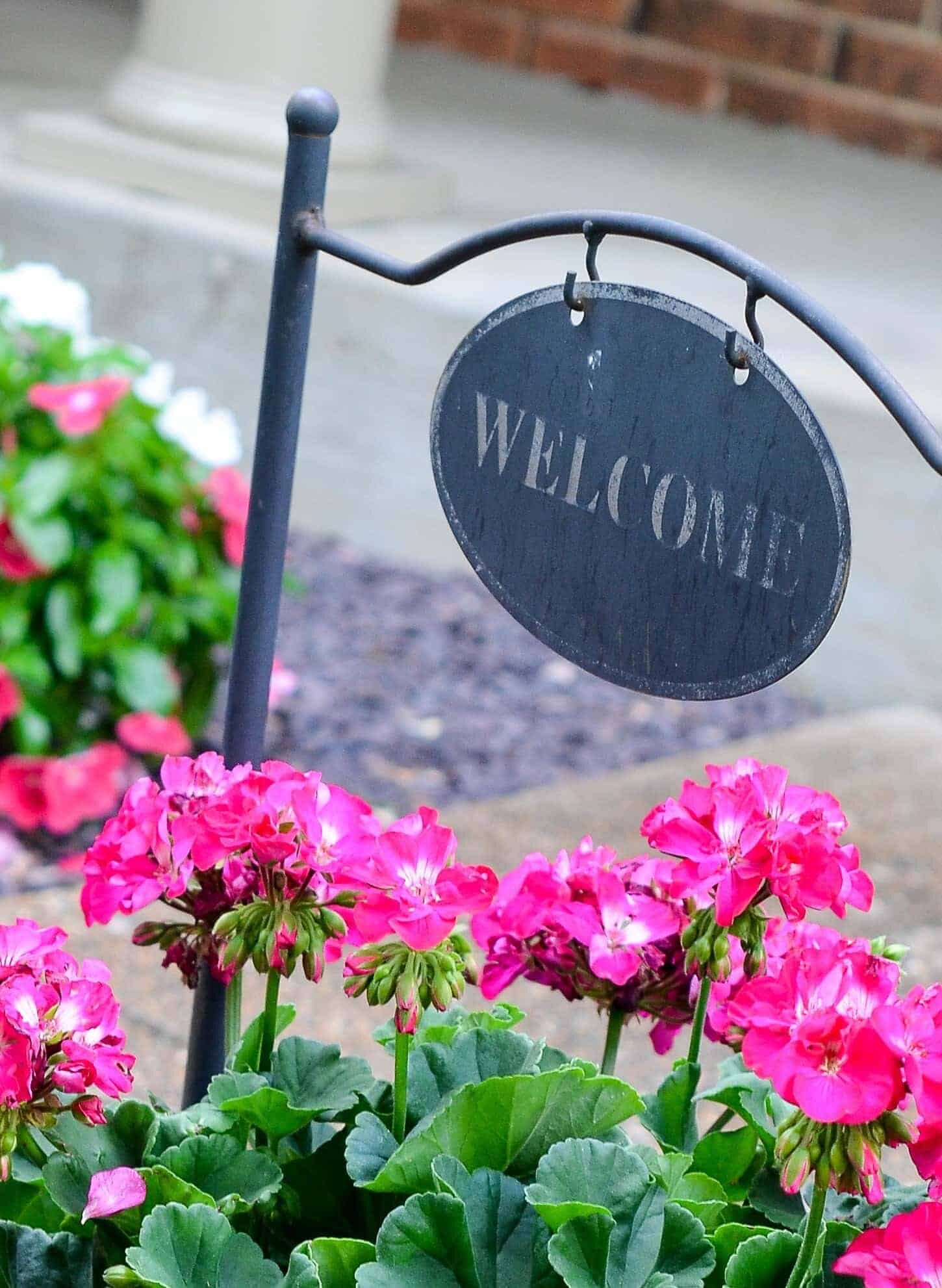How to Extend Your Pool’s Lifespan
Installing a pool can be a big expense, but in return it can bring you a lot of fun and family enjoyment. Given the substantial investment, you’ll want to ensure that it lasts as long as possible. You may be wondering how to extend your pool’s lifespan.
In this post, we’ll look at some tips and techniques to extend your pool’s lifespan and make it last as long as it possibly can, so you can get the maximum enjoyment from it for years to come.

Maintain The Water’s Chemistry
Whether you have a chemical or salt-based cleaning solution for your pool, maintaining the chemistry is essential. Getting it just right will help protect the equipment.
Remember, pools have quite tight specifications. Filters, pipework, and other components need to operate within safe ranges for pH. They also need to keep bacterial load low to prevent the production of chemicals that might cause harm.
Winterize Properly
Unless you live in a very warm climate, you probably won’t use your pool in the winter, so it needs to be winterized properly. You’ll want to drain the water below the skimmer and blow out the lines and valves. You’ll also want to ensure that there isn’t any water trapped in tight spaces that might freeze during a cold spell, which could then crack the pipes.
Freezing damage is your biggest enemy during the winter and something you’ll want to be very careful to avoid.

Keep It Clean
Keeping your pool clean is another way to extend its lifespan. Getting rid of dirt and grime reduces the risk of damage to the most sensitive elements, like the pumps.
If you don’t want to clean your pool yourself, you can get a pool cleaning company to do it for you. These firms scour pools and typically ensure that the equipment is working well to keep the pool clean and safe.
Install an Automatic Pool Cover
Installing an automatic pool cover is a great way to prolong and protect the lifespan of a swimming pool. A pool cover shields it from debris like leaves and dirt. An automatic cover can also decrease cleaning and chemical maintenance requirements and also help minimize water evaporation to conserve resources and wear on filtration and pump systems. Its protection provides a barrier against extreme weather conditions or prolonged sunlight exposure, and it can prevent freezing damage during colder climates, helping ensure its good condition year-round.
Limit Harsh Chemical Use
Whenever possible, it’s important to limit harsh chemical usage. Some cleaning solutions can damage the pool over time, forcing early replacement.
Look for reduced chemical options, or use saltwater instead, to keep the pool clean and fresh. If you are worried about chemical levels in your water, have a testing company to come to your home to check the pH level.
Address Repairs Quickly
You’ll also want to address repairs quickly. Fixing cracks, leaks, and other tile damage, when they appear, can reduce the total amount of wear and tear on the pool.
For example, if a tile falls loose, replace it as quickly as possible, re-sealing the pool. Don’t allow the water to leak out, or you could face a substantial bill.
The same goes for cracks in the side of the wall. Even if your pool is fiberglass, professionals can repair it; it just takes a bit of time and some specialist knowledge.

A pool is a big investment, but it can be such a wonderful addition to your home. Keeping it maintained will help extend its lifespan and ensure that you will be able to enjoy your pool for years to come!






